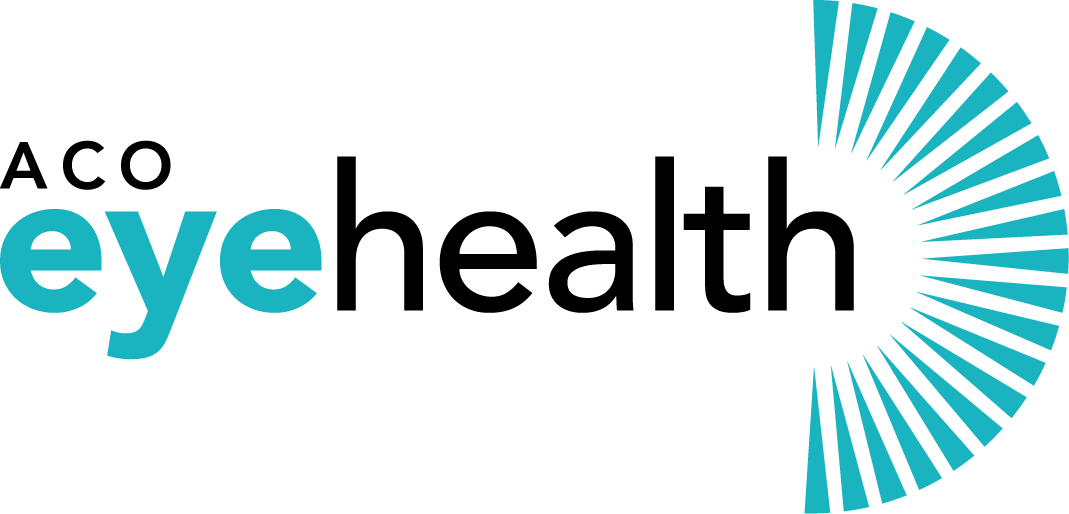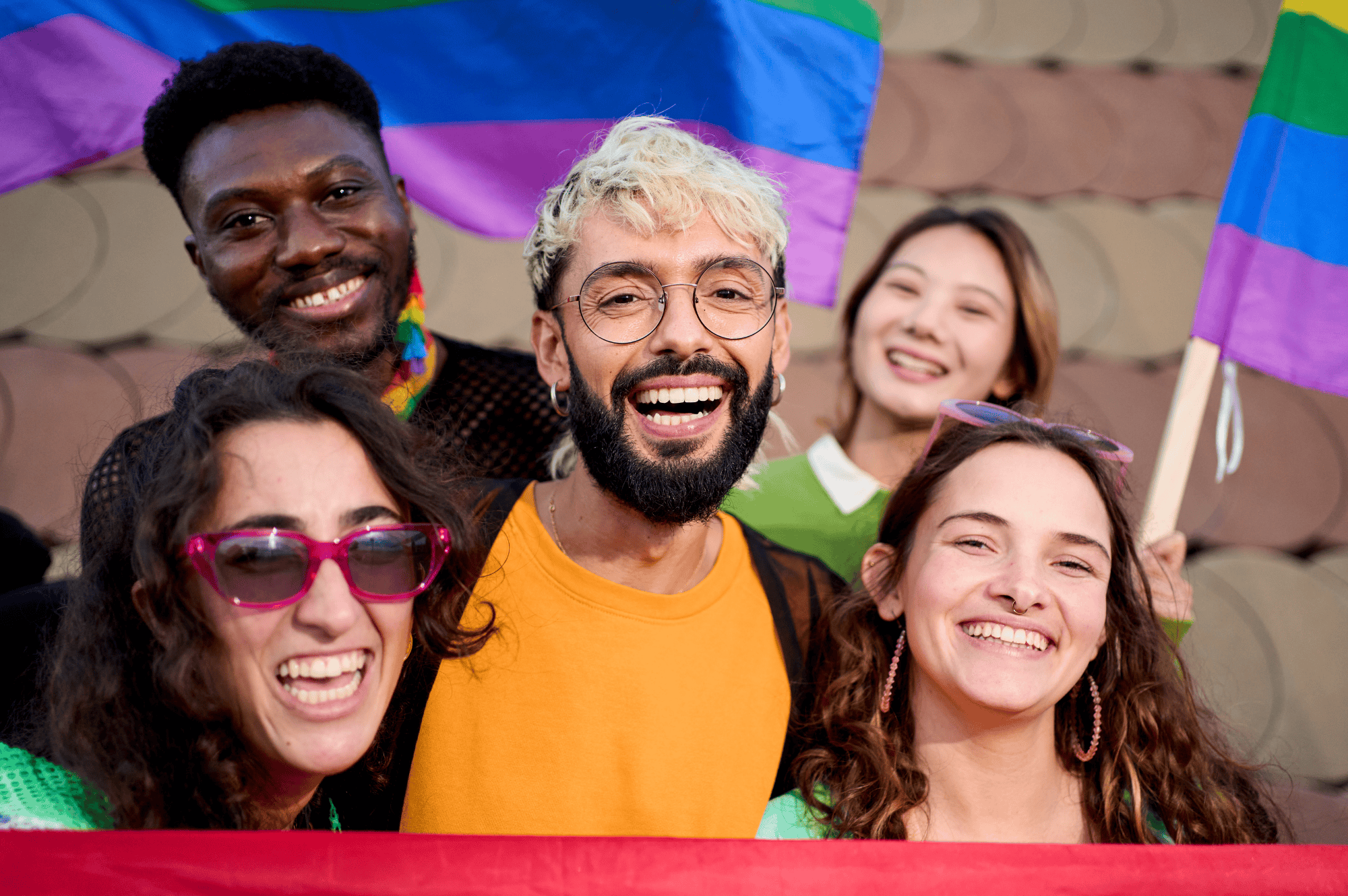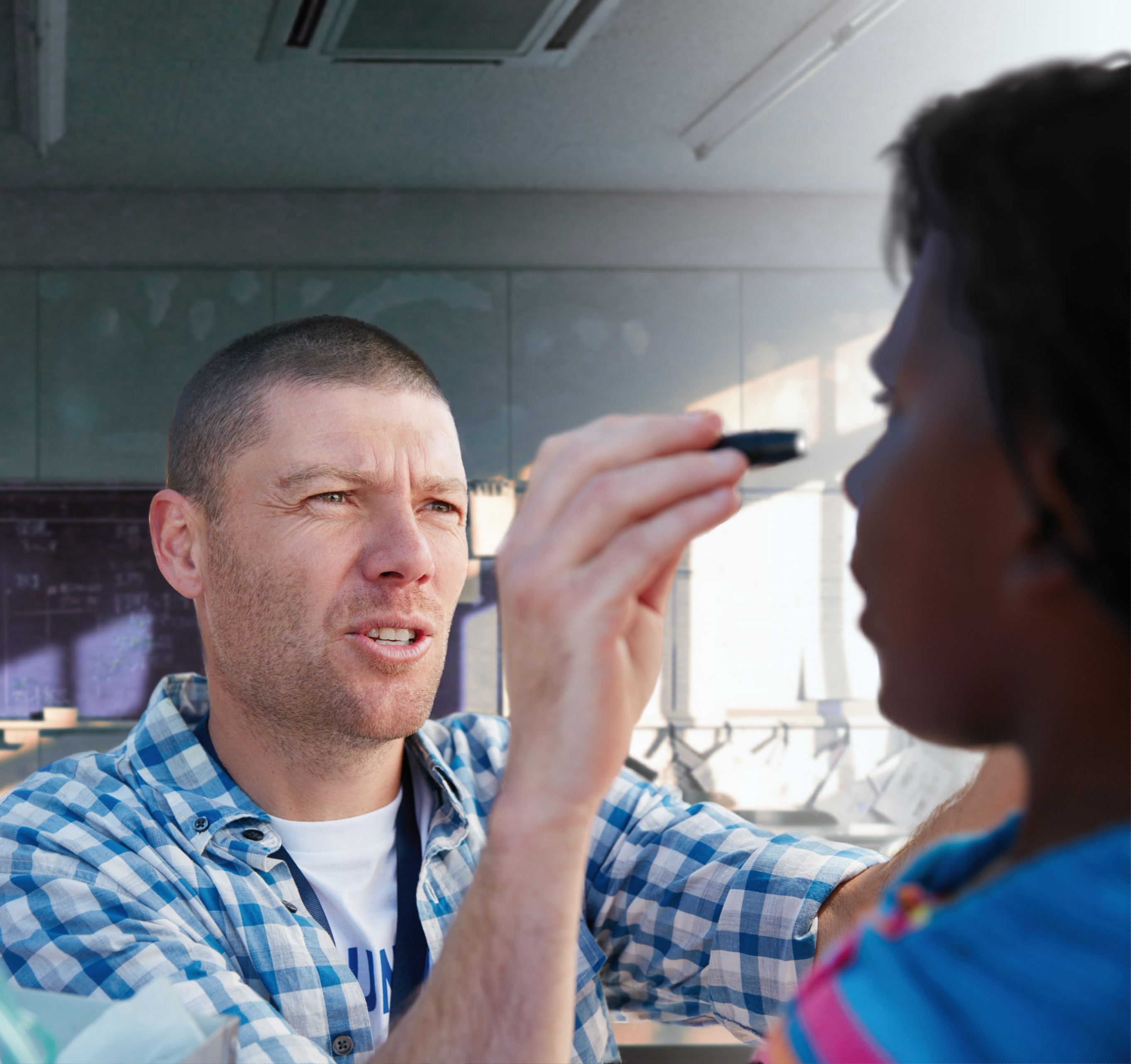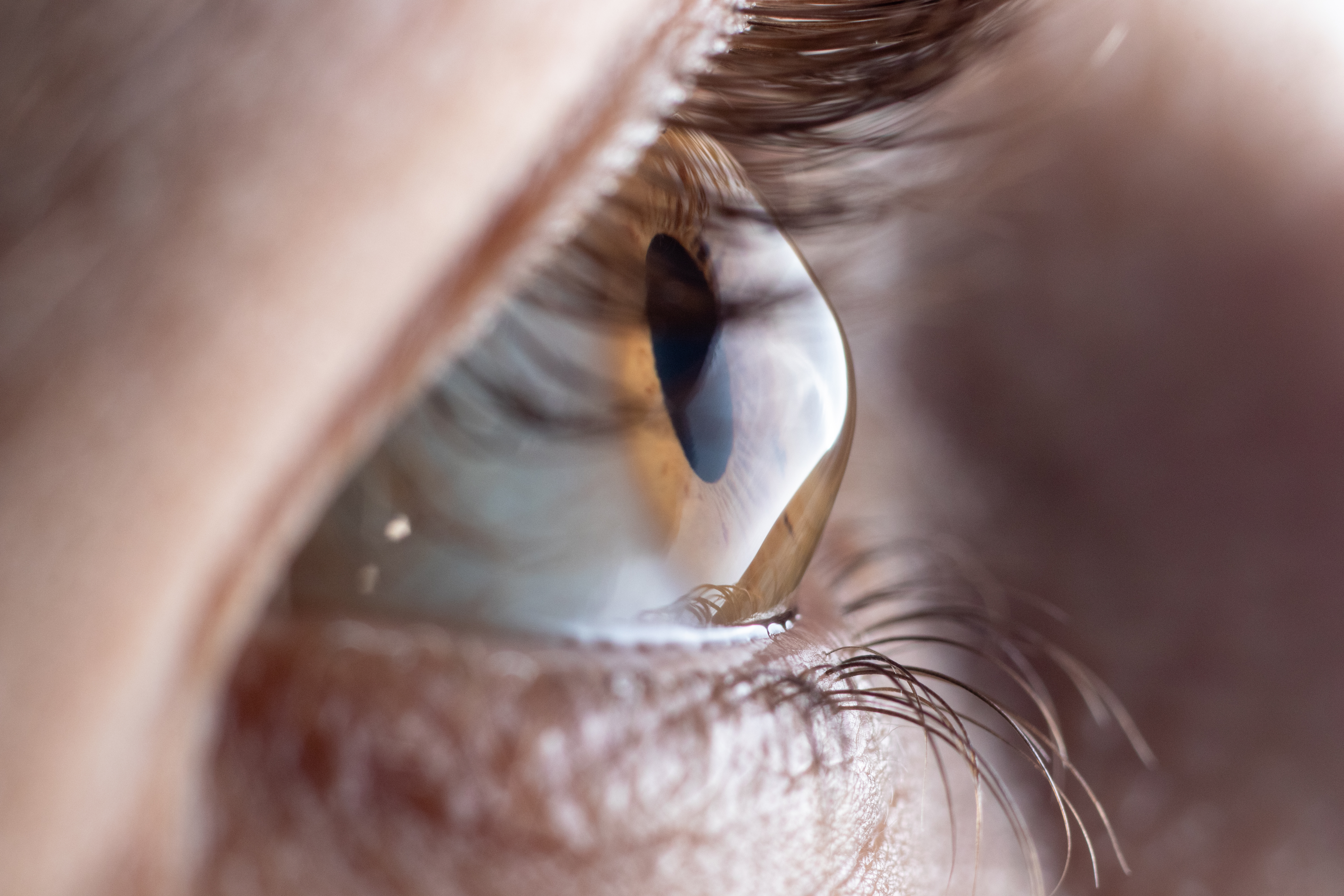Gender-Inclusive Eye Care
Available on-demand all year from 27 January 2026. Start anytime and finish in 4 weeks.The Gender-Inclusive Eyecare short course is designed to promote the provision of eyecare that embraces and respects the needs of the gender diverse community. This fully online program provides an evidence-based approach to understanding the barriers that can prevent members of the LBGTIQA+ community seeking care and how optometrists can become advocates for gender inclusive eyecare.
A holistic perspective includes contributions from optometry, ophthalmology, public health research and allied health to ensure optometrists understand the multiple clinical and social contexts underpinning the principles of gender inclusive eyecare.
Explore key topics including:
- Gender diversity and its impact on ocular health
- Inclusive communication and clinical assessment techniques
- Strategies for framing clinical conversations and other clinical communications
- Best practices for creating welcoming spaces and reducing barriers to care
Ideal for optometrists seeking to enhance their cultural competence and clinical confidence, this course combines flexible online learning with expert insights and actionable tools to support inclusive, patient-centred care.
ACO Members: Log in to the Membership Portal using your existing credentials or simply click ‘Apply now’ to access your account and register.
Not an ACO Member? Create a free ACO user account via the ‘Apply now’ button to register for this course.
Already completed an ACO course or event? You may already have a user account.
If you've forgotten your login details or have been locked out of your account, click ‘Forgot my password’ to reset.
| Aus (incl GST) | NZ (ex GST) | |
| ACO Member | $100 | $90 |
| Non Member | $120 | $108 |
Unlock exclusive Member discounts by registering as an ACO Member for 2026 — now open for registration. Learn more about Membership here.






